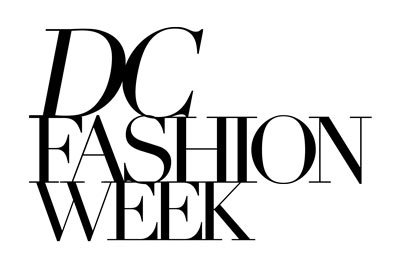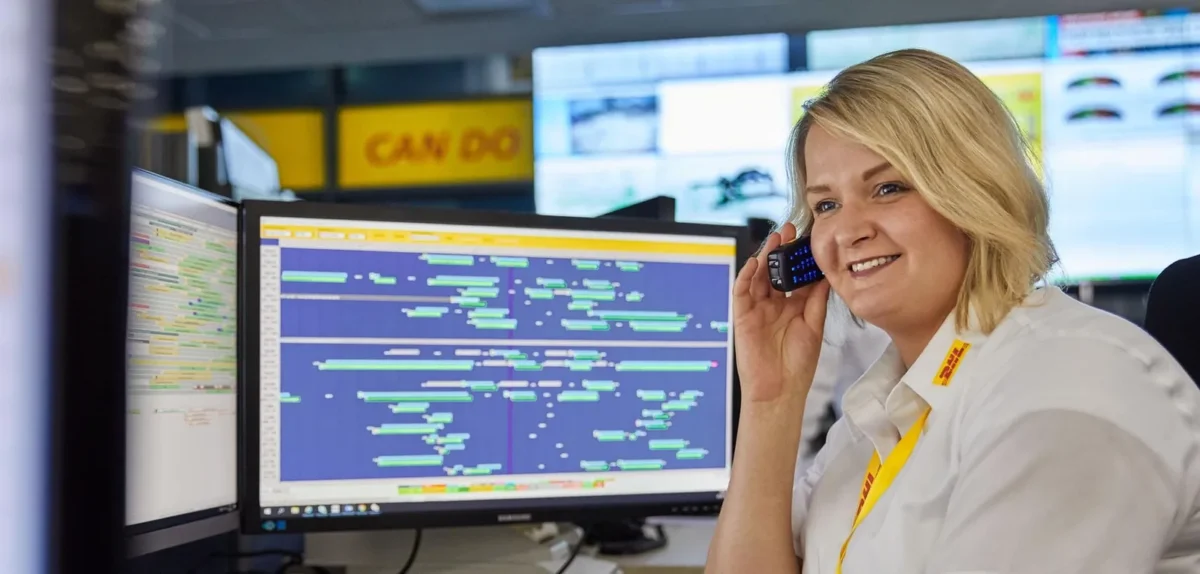In business, reputation isn’t built on promises alone. It’s constructed through countless small decisions about quality, professionalism, and attention to detail that most people never consciously notice but always subconsciously register. Whether you’re running a boutique hotel in Auckland, operating an export business in Southeast Asia, or managing a specialized medical practice in Australia, the standards you maintain across every operational detail become the foundation of your brand credibility.
The fascinating thing about business excellence is how it manifests differently across industries while maintaining the same underlying principles. A fashion retailer demonstrates quality through fabric choices and craftsmanship. A logistics company shows it through flawless delivery and documentation. A healthcare provider proves it through sterilization protocols and equipment standards. Yet all these businesses share a common trait: they understand that cutting corners on operational details eventually shows up in customer perception, employee morale, and ultimately, your bottom line.
This isn’t about perfection for perfection’s sake. It’s about recognizing that in competitive markets, customers have options. They gravitate toward businesses that demonstrate competence, reliability, and a genuine commitment to quality. These aren’t abstract marketing concepts but concrete operational realities that potential customers can see, feel, and experience.
Mastering the Complexities of Global Commerce
For businesses engaged in international trade, operational competence in logistics and customs compliance serves as an immediate credibility marker. Nothing undermines confidence faster than a company that fumbles cross-border shipments or seems confused about regulatory requirements. When clients recognize that you understand the intricacies of international commerce, they see you as a serious, capable partner rather than a risk.
The documentation required for international shipments varies significantly depending on destination countries, product categories, declared values, and trade agreements. Professional exporters don’t just understand their own products but also know exactly which documents are required for custom clearance in each market they serve. This knowledge encompasses commercial invoices, certificates of origin, import licenses, phytosanitary certificates for organic materials, and various other compliance documents that can make or break a shipment timeline.
Beyond simply knowing what’s required, sophisticated businesses build relationships with experienced logistics partners who can navigate unexpected challenges. They maintain organized documentation systems, understand Harmonized System codes for proper product classification, and have protocols for handling customs queries efficiently. This level of operational maturity doesn’t just prevent delays but it signals to partners and customers that you’re a reliable, professional operation capable of scaling and handling complexity.
When your website and sales materials reflect this international capability, when your customer service team can confidently discuss customs procedures, and when your track record shows consistent on-time international delivery, you’re not just moving products across borders. You’re building a reputation as an internationally capable business that clients can depend on regardless of geographic complexity.
Creating Spaces That Reflect Your Brand Values
The physical environments where you conduct business communicate powerful messages about your priorities and financial stability. Whether you’re operating a showroom, office, retail space, or hospitality venue, every furniture choice and design decision becomes part of your brand story. Smart business owners recognize that investing in quality furnishings isn’t an expense but rather a strategic investment in brand perception.
Consider how clients react when entering your space. Mismatched, worn furniture suggests either financial difficulties or lack of attention to detail, neither of which inspires confidence. Conversely, thoughtfully selected, quality furnishings demonstrate that you value comfort, aesthetics, and the experience of everyone who enters your space. This matters whether you’re hosting potential investors, welcoming customers, or creating an environment where employees feel valued and motivated.
The furniture you choose also reflects your understanding of ergonomics, sustainability, and modern design principles. A well-furnished office with quality seating, appropriate lighting, and thoughtful spatial planning shows that you care about details and understand how environment impacts productivity and impression. These aren’t superficial concerns but practical investments in creating spaces where business relationships flourish and deals move forward with confidence.
Hospitality Standards That Build Lasting Customer Loyalty
For businesses in the hospitality sector, whether you operate hotels, boutique accommodations, or serviced apartments, the standards you maintain in guest comfort directly impact your reputation and repeat business rates. In an era where travelers share experiences instantly through review platforms and social media, every detail of the guest experience becomes part of your public brand narrative.
One area where hospitality operators can distinguish themselves involves proactive investment in hygiene and comfort solutions that guests appreciate even if they don’t consciously notice them. Consider bedding protection, an unsexy topic that nonetheless impacts guest experience significantly. Hotels and accommodation providers that invest in quality waterproof pillow protector nz options and similar protective bedding elements demonstrate commitment to hygiene standards while extending the lifespan of their bedding investments.
These protectors serve multiple strategic purposes beyond basic hygiene. They create a barrier against allergens, which matters increasingly to health-conscious travelers. They protect expensive pillows and mattresses from damage, reducing replacement costs and maintaining consistent quality across your property. Most importantly, they signal to guests that you maintain rigorous cleanliness standards even in areas they can’t directly see or verify.
The psychology here is interesting. Guests who know that hotels use protective barriers on pillows and mattresses feel more confident about the overall hygiene standards of the property. It becomes a trust signal that extends beyond bedding to perceptions about kitchen cleanliness, bathroom standards, and general operational rigor. This matters particularly for boutique properties competing against major chains with established reputation advantages.
Beyond hospitality, similar principles apply to any business providing services where cleanliness and hygiene factor into customer confidence. Medical clinics, spas, personal care businesses, and even high-end retail dressing rooms all benefit from demonstrating attention to hygiene details that customers notice and appreciate.
Specialized Equipment That Defines Professional Standards
In specialized industries, the equipment you invest in doesn’t just enable your work but it defines your professional credibility. Whether you’re providing wildlife management services, conducting environmental surveys, operating security operations, or serving hunting and outdoor recreation markets, the quality and modernity of your equipment speaks directly to your competence and seriousness.
Consider businesses serving the hunting, wildlife management, or security sectors in Australia and New Zealand. These industries demand precision, reliability, and performance under challenging conditions. Professionals operating in these spaces understand that their equipment choices signal expertise. Companies that invest in advanced technology like hikmicro thermals and other sophisticated detection equipment demonstrate their commitment to providing clients with the most effective tools available.
Thermal imaging technology has evolved dramatically, becoming more accessible while offering capabilities that were previously available only to military and government operations. For wildlife managers tracking animal movements, for property security professionals monitoring large estates, or for hunting guides serving discerning clients, quality thermal equipment isn’t a luxury but rather a fundamental tool that defines service quality.
The business credibility angle here goes beyond simply owning equipment. It’s about staying current with technological advances, understanding the capabilities and limitations of different systems, and making informed investment decisions that enhance service delivery. When clients see that you’re equipped with modern, reliable technology rather than outdated alternatives, they recognize you as a current, capable professional who takes their work seriously.
This principle extends across specialized industries. Whether it’s camera equipment for photographers, diagnostic tools for mechanics, or testing equipment for engineers, the quality of your professional tools becomes a visible marker of your commitment to excellence and staying current in your field.
Healthcare Standards That Can Never Be Compromised
Few industries face more rigorous standards than healthcare, where equipment choices literally impact patient safety and treatment outcomes. Dental practices, medical clinics, veterinary hospitals, and surgical centers all operate under strict sterilization protocols that aren’t just best practices but legal requirements backed by health authorities.
For dental practices specifically, sterilization equipment represents both a significant investment and a fundamental operational necessity. Every dental clinic must maintain rigorous infection control protocols, and the cornerstone of these protocols is reliable sterilization equipment. Practices researching an autoclave for sale aren’t simply shopping for equipment but rather making a critical investment in patient safety, regulatory compliance, and practice reputation.
The choice of sterilization equipment reflects a practice’s commitment to modern standards and patient well-being. Outdated or poorly maintained sterilization systems create significant liability risks while potentially compromising patient safety. Modern autoclaves offer faster cycle times, better documentation for compliance purposes, and more reliable sterilization outcomes compared to older technology.
From a business credibility perspective, a dental or medical practice that invests in quality sterilization equipment and maintains meticulous records demonstrates professionalism that patients and regulatory bodies both recognize and value. While patients might not ask to see your autoclave during a consultation, they absolutely notice the overall cleanliness standards, documentation practices, and attention to safety protocols that stem from having proper equipment and procedures.
This commitment to equipment quality and maintenance creates a foundation of trust. Patients choose healthcare providers not just based on clinical skills but also on their confidence in the safety and professionalism of the practice environment. The equipment investments you make, from sterilization systems to diagnostic tools, all contribute to building that confidence.
Building Credibility Through Consistent Excellence
The thread connecting all these diverse business considerations is the recognition that credibility builds through consistent attention to operational details across every aspect of your business. Whether you’re handling international customs documentation, selecting office furniture, maintaining hospitality hygiene standards, investing in specialized professional equipment, or ensuring proper healthcare sterilization, each decision either strengthens or weakens your overall brand credibility.
The businesses that thrive over the long term are those that refuse to cut corners even when pressured by short-term financial considerations. They understand that reputation takes years to build but can be damaged quickly by operational failures, quality compromises, or cutting corners on standards that customers expect.
In practical terms, this means conducting regular audits of your operational standards, staying informed about industry best practices, investing in quality equipment and furnishings even when cheaper alternatives exist, and building relationships with reliable suppliers and service providers who share your commitment to excellence. It means training staff to understand why these standards matter and empowering them to maintain those standards even when under pressure.
The payoff for this commitment manifests in multiple ways: higher customer retention rates, stronger word-of-mouth referrals, easier recruitment of quality staff who want to work for professional operations, better relationships with suppliers and partners, and ultimately, stronger financial performance driven by reputation and repeat business rather than constantly chasing new customers to replace dissatisfied ones.
Your business credibility isn’t built through marketing slogans or expensive advertising campaigns alone. It’s constructed through thousands of operational decisions that demonstrate your commitment to quality, professionalism, and attention to detail. Whether customers consciously notice these details or simply feel their cumulative impact, the result is the same: a business reputation that opens doors, commands premium pricing, and builds lasting competitive advantage in crowded markets.

